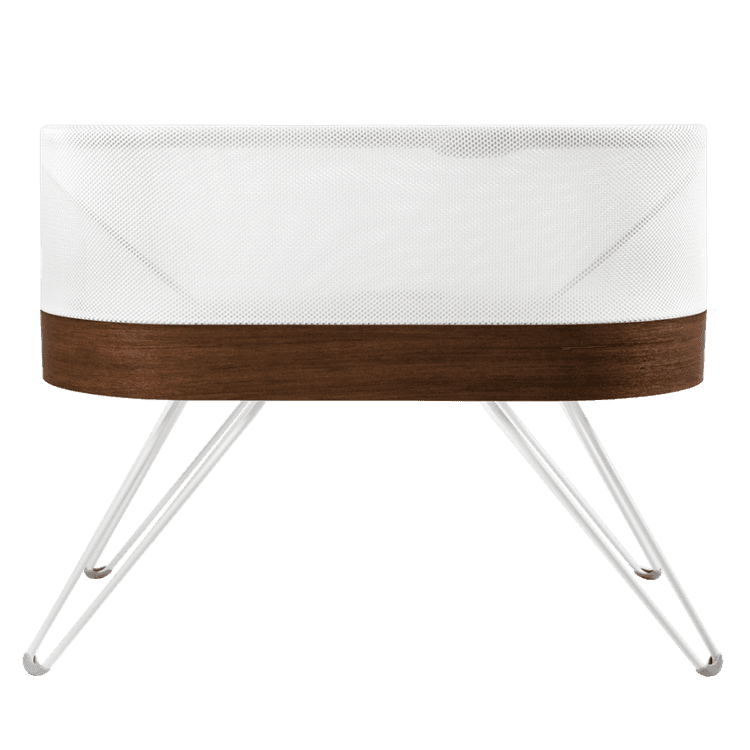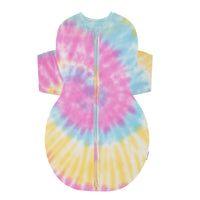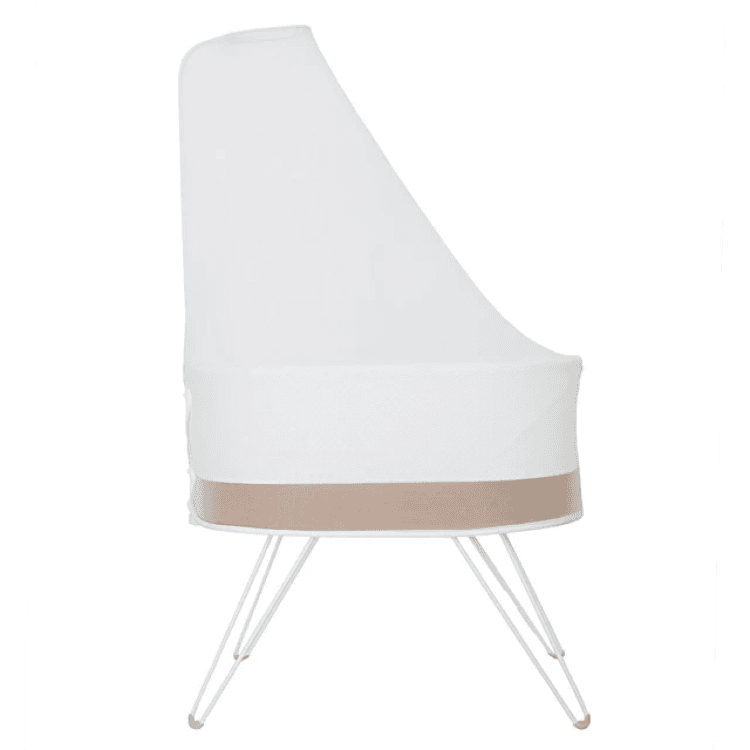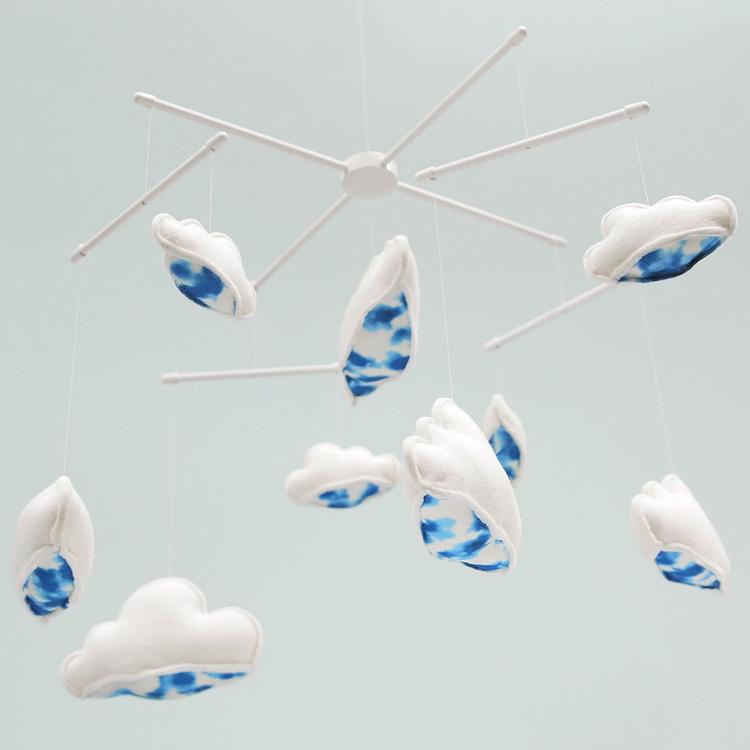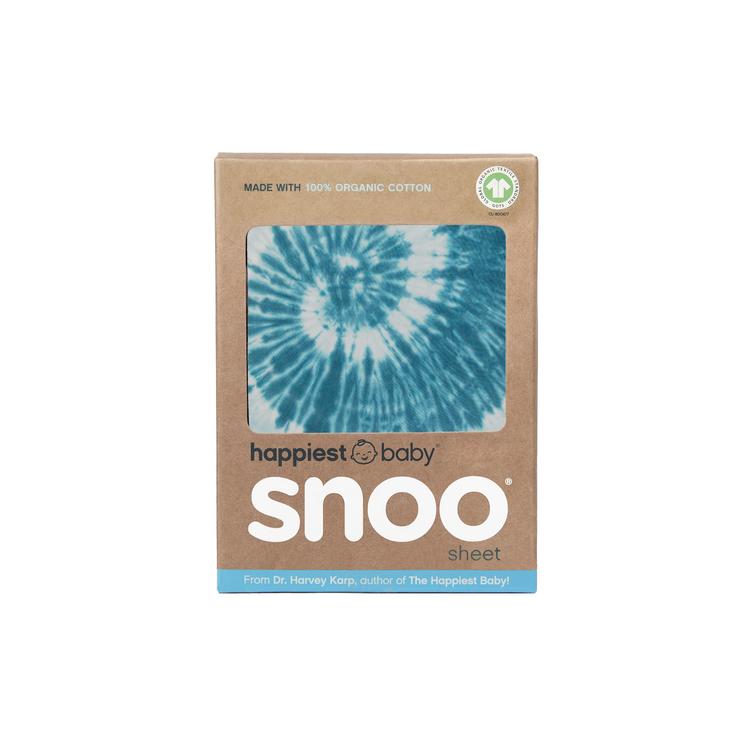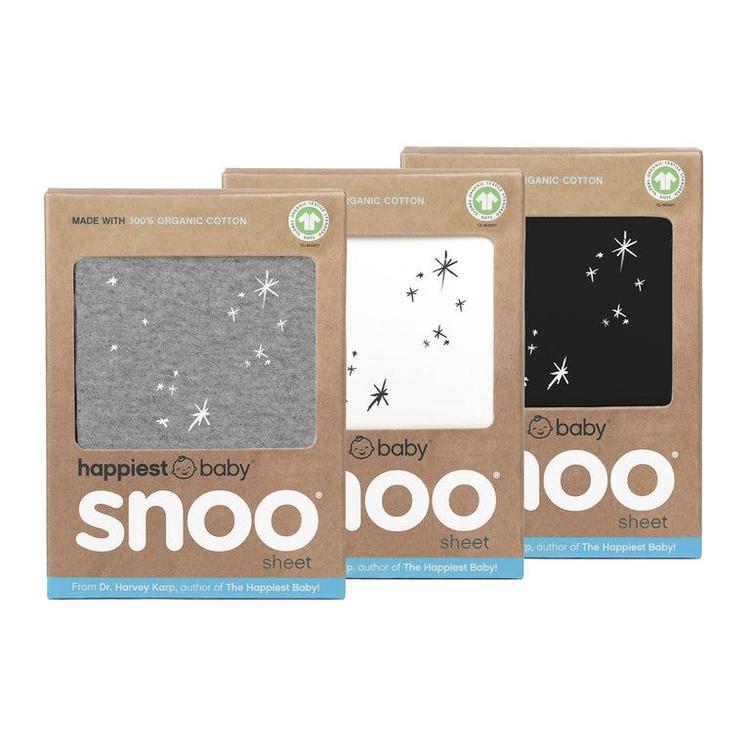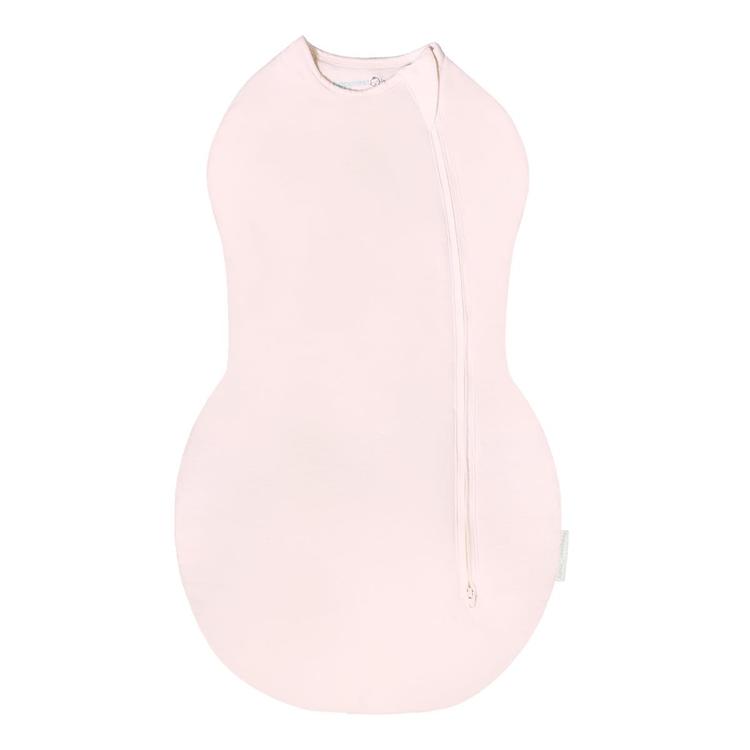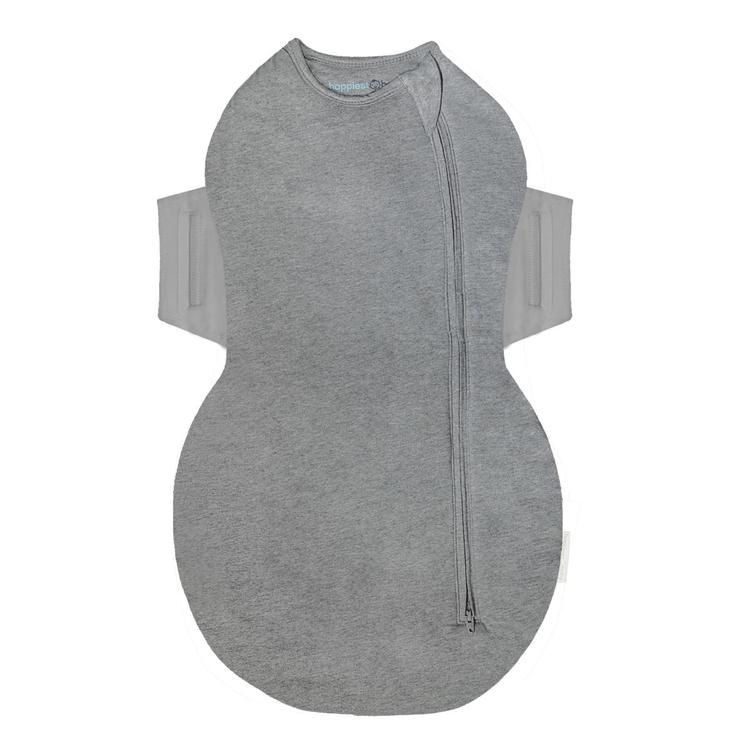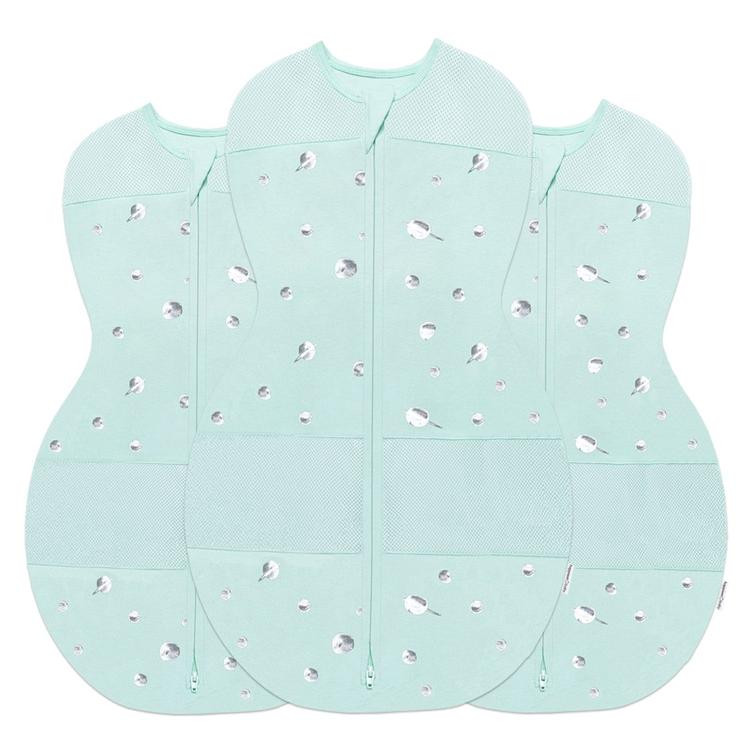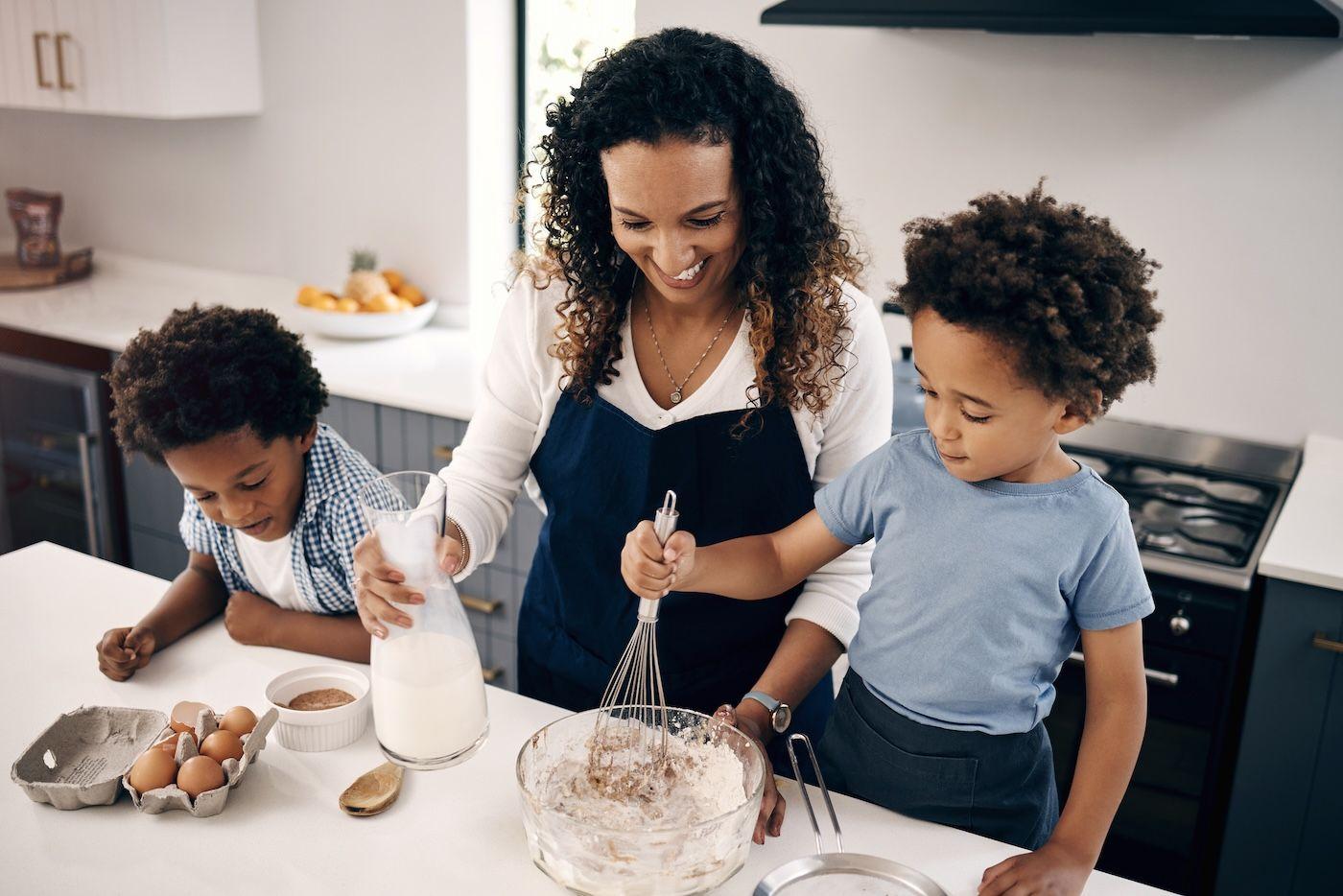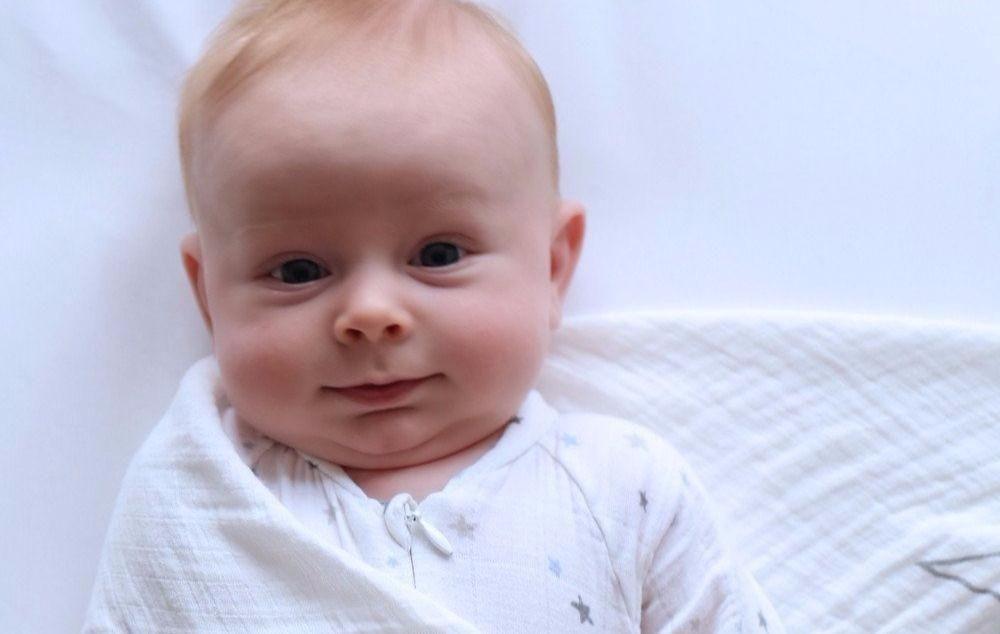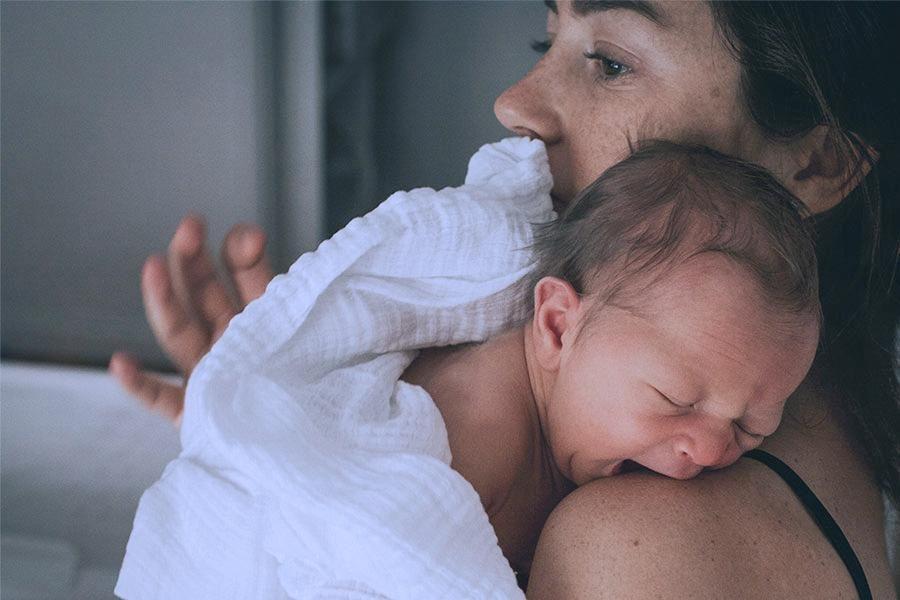Having conversations with your toddler teaches them about language, empathy, and shows them that it is important to be curious! And, very importantly, when we model how to be attentive listeners, kids learn respectful communication…and that we listen when someone else is talking and we wait our turn to speak.
Why It Is So Important to Ask Your Toddler Questions
Asking questions helps you get to know and understand your toddler better. It also gives you a way to lavish your child with the gift of your time and attention, which helps boost your toddler’s cooperation. I call this feeding the meter.
When you ask your toddler questions, you make them feel like winners. It shows that you are interested in their opinions, that their thoughts are respected. This sets their expectations for the way they want to be treated in relationships with others.
Toddler Conversation-Starters
Read together.
Books are a great conversation-starter! Reading is a way to feed a toddler’s brain and it is a sweet opportunity to snuggle close and make your relationship even stronger. The questions you ask about books will vary based on your toddler’s age.
- Toddlers ages 12 to 24 months: Ask a lot of questions about what you see. For example, 'Look! A dog! What does the dog say? What other animals do you see?'
- Toddlers ages 2 to 3: Ask more open-ended questions about what you are reading ('What is going on on this page?' 'Does the bunny look happy or sad?').
- Toddlers ages 3 to 5 years: Use questions about what you are reading to draw connections to their own lives ('The bunny is sharing his toys with the pig—has anything like that happened to you at school?').
Try bedtime sweet talk.
As part of your bedtime routine, make time to ask your toddler about their favourite parts of the day and about what they are most looking forward to tomorrow. In the moments right before dozing off, your toddler’s mind is a little sponge, soaking up your words. Asking questions that make your toddler think about all of the best parts of the day help them drift off to sleep feeling smart and loved!
Thoughtful Questions to Ask Your Toddler:
- What are you really good at?
- What makes you proud?
- What is something you really like to do?
- What is something you really do not like to do?
- What makes you feel happy?
- How do you make other people feel happy?
- What makes you feel loved?
- How do you show other people you love them?
- What makes you feel sad?
- What are some ways you and Mummy/Daddy are the same?
- What are some ways you are different?
- What do you want to be when you grow up?
- What was your favourite part of today?
- What are you most looking forward to doing tomorrow?
Fun questions to ask your toddler:
- What is something that makes you laugh?
- What are some things you do to make Mummy/Daddy laugh?
- If your [teddy/doggie/dolly] could talk, what do you think he/she would say?
- Would you like to live in [favourite book]? Why?
- How old do you think Mummy/Daddy is?
- If you were a monster, what would you eat?
- If you were a dinosaur, what do you think your name would be?
- What is the silliest sound you can make?
- What is the silliest sound you have ever heard?
Remember, it is hard to be a toddler! Toddlers are at a big disadvantage compared to grownups…they are smaller, weaker, and have less power than the adults around them. They spend a lot of the day losing! By asking your toddler questions—and showing that you care about their answers—you help them feel super smart!
Disclaimer: The information on our site is NOT medical advice for any specific person or condition. It is only meant as general information. If you have any medical questions and concerns about your child or yourself, please contact your health provider. Breastmilk is the best source of nutrition for babies. It is important that, in preparation for and during breastfeeding, mothers eat a healthy, balanced diet. Combined breast- and bottle-feeding in the first weeks of life may reduce the supply of a mother's breastmilk and reversing the decision not to breastfeed is difficult. If you do decide to use infant formula, you should follow instructions carefully.


